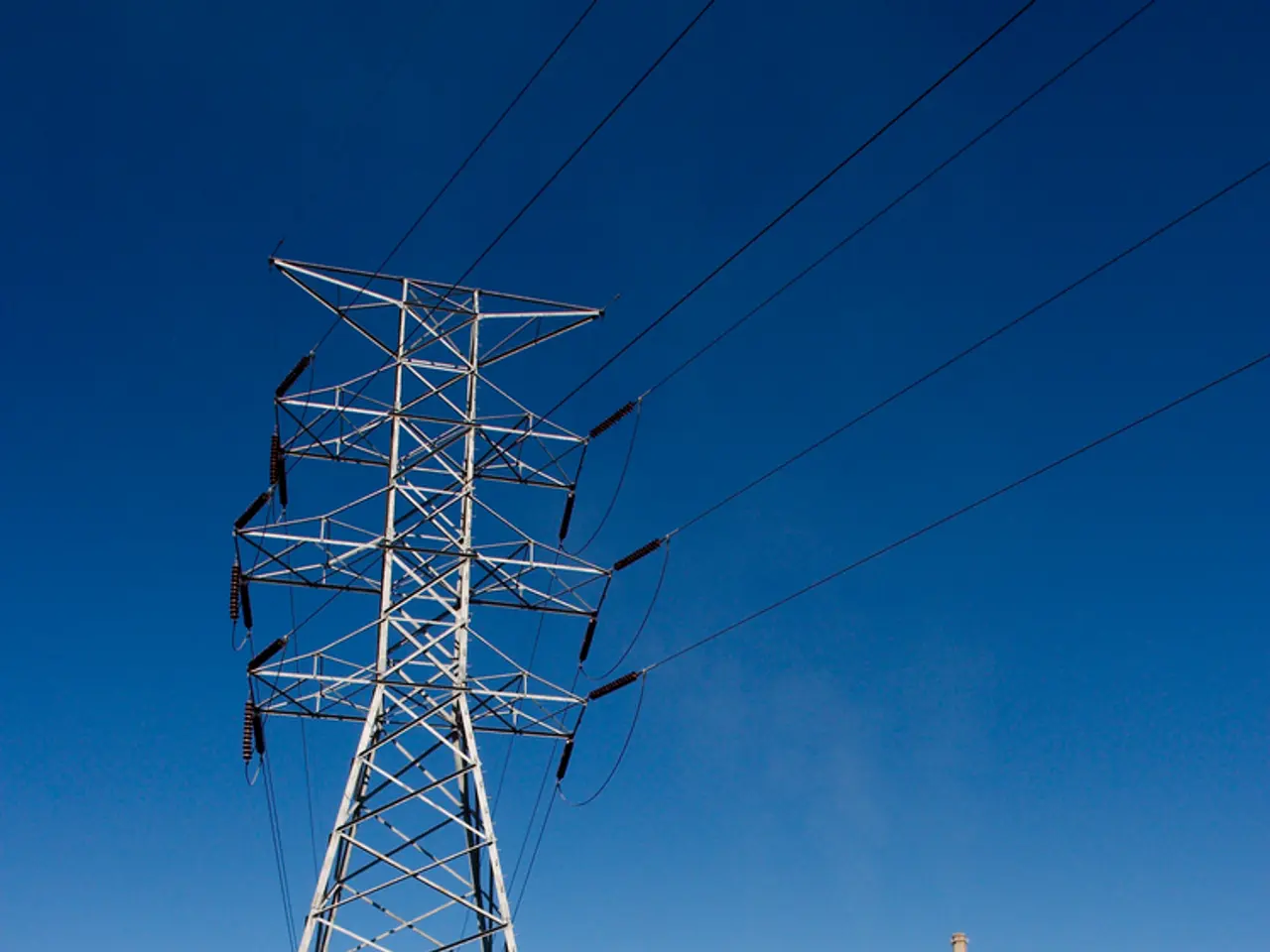Nigeria's 'Super Grid' Project Approved to Boost Power Supply and Industrial Growth
Nigeria's power sector faces significant challenges, with a generation capacity of 13 gigawatts but only around 4 gigawatts reaching consumers. Frequent grid collapses have exacerbated the issue, leading the government to approve a 'super grid' project to enhance reliability and support industrial growth.
The 'super grid' aims to connect the eastern and western regions, where most industrial consumers are located. The project seeks to decentralize power generation and encourage firms to reconnect to the grid, reducing their reliance on self-generation. The Federal Executive Council has approved financing for this project.
Nigeria is negotiating a $2 billion loan from China's Export-Import Bank to fund the super grid. The project aims to improve transmission efficiency, ensuring more power reaches industrial zones. Recent tariff adjustments for urban consumers have boosted industry revenues by 70% in 2024, with projections showing a further 41% increase to N2.4 trillion ($1.6 billion) this year.
The 'super grid' project, with its improved transmission efficiency and increased power supply to industrial zones, promises to address Nigeria's power supply challenges and support industrial growth. The project's success depends on the successful negotiation of the $2 billion loan and effective implementation.
Read also:
- MRI Scans in Epilepsy Diagnosis: Function and Revealed Findings
- Hematology specialist and anemia treatment: The role of a hematologist in managing anemia conditions
- Trump announces Chinese leader's confirmation of TikTok agreement
- EU Leaders Discuss 'Drone Wall' to Tighten Border Security After Munich Incident







